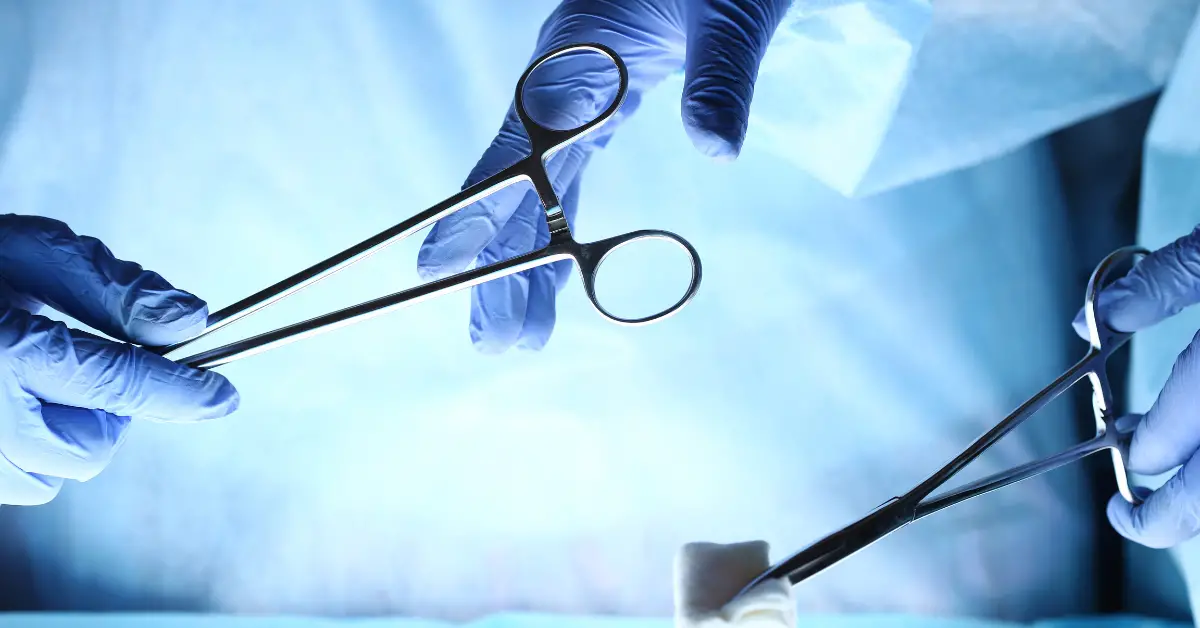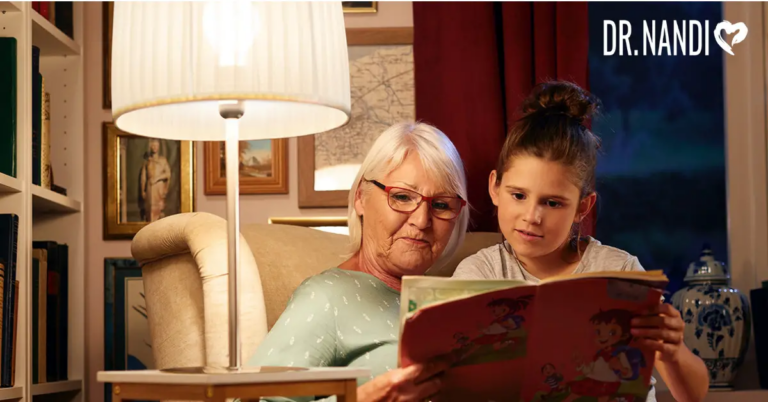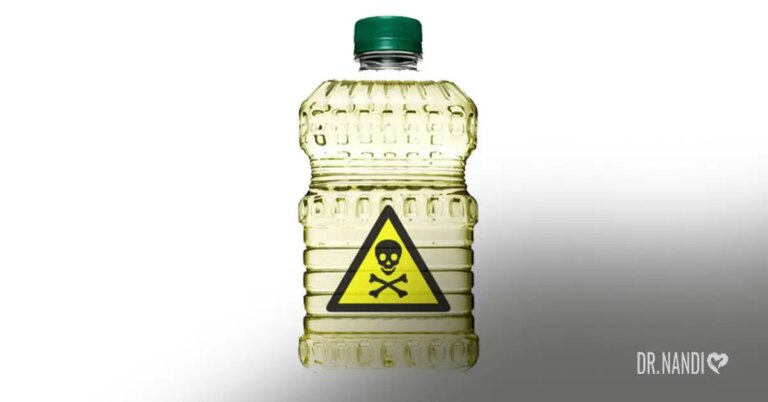If your body’s aging aches and pains keep you sidelined or slow you down, you are not alone.
Thought-provoking conversations on how to reverse aging are changing. How about throwing fecal transplants into these discussions?
This is not something you’d read about in your average anti-aging magazine, we are guessing!
Fecal transplantation or fecal microbiota transfer (FMT) is a medical procedure that involves collecting feces (also known as stool or poop) from a healthy donor and introducing them into the gastrointestinal tract of a patient. (1)
By introducing healthy bacteria into the recipient’s intestines, the procedure can be done on both children and adults.
A fecal transplant from a healthy donor encourages the recipient’s body to grow healthful bacteria, which can cure some infections and reduce the severity of certain gut health problems.
Transplanting fecal microbiota is not a new concept, and there is much interest in other applications for conditions such as inflammatory bowel disease, autism, obesity, and now to reverse aging.
Past studies have discovered that aging is associated with gut microbiome changes and that changes in our gut bacteria may contribute to the aging process.
Protecting these microbes may help people live longer and healthier lives. Our gut health affects our biology and our aging after all. (2)
The Study on Gut Bacteria and Aging
In a study published in Microbiome on April 29, 2022, the findings show that aging gut microbiota causes detrimental changes in the gut-brain and the gut-retina axes. This implies that microbial modulation could be beneficial in preventing tissue decline in later life.
This is great news, as the central nervous system (CNS) and the eye, which have high sensitivity to metabolic dysregulation, and the gastrointestinal (GI) epithelial barrier — which must maintain rapid cellular turnover and barrier integrity while faced with constant exposure to environmental insults — are both particularly vulnerable tissue areas.
The study examined the impact of fecal microbiota transfer (FMT) on aging using mice. The mice were divided into three age groups:
- Three months (young)
- 18 months (old)
- 24 months (aged)
The researchers first used broad-spectrum antibiotics to deplete the gut microbiota of the mice who received the fecal transfers. Young mice received fecal transfers from older mice, and older mice received transfers from young mice.
They compared these groups to each other as well as to control groups that received either a transfer from mice their own age or no fecal transfer.
The researchers then conducted behavioral tests on the mice to assess how well their brains functioned. They also used brain tissue tests and other methods to observe and study the changes in the mice following fecal transfers.
They discovered that younger mice who received fecal transfers from elderly mice experienced increased inflammation in their central nervous system and eyes. They also had increased intestinal permeability (leaky gut). These findings were not replicated when mice were transferred from old rather than aged mice.
When older mice were exposed to fecal transfers from younger mice, the researchers noticed an improvement in these areas. Their findings, however, did not indicate improved memory function. (3)

The Brain Work
The study’s author Dr. Aimee Parker explained: “These results show that gut microbes have an important role in regulating inflammation associated with deteriorating vision and brain function, at least in mice.”
It may be possible for scientists to “manipulate our gut microbes to help maintain good vision and good brain health for longer in old age.”
Because the study was conducted on mice, more research will be required to determine whether the findings apply to humans. The study was also done over a relatively short time, so future research should focus on the long-term effects of this type of treatment. (4)
Neuroscience news constantly shows us ways to fix ourselves, stay younger looking, and survive our older years with less pain.
With a little easy healing of your gut, you can not only ease discomfort but also boost your energy and possibly slow down aging too!
Dr. Nandi talks about gut health and how it can deteriorate as we age. You can learn why your digestive system needs to have the best diverse strains of good bacteria.
Support your gut health further with science-backed Digestive Enzymes that promote healthy digestion and maximize nutrient absorption
Second Opinions on Inflammation Effects
Dr. Graham Rook, emeritus professor of medical microbiology at the University College London, noted that there are many differences between people’s gut flora.
Although not involved in the study, Dr. Rook provided valuable insights. He noted that exploring more of the inflammatory effect of aging, as this study did, could prove helpful.
He said, “If the crucial factor is inflammation, and if this is important for aging, we might be closer to being able to provide solutions. We now know a lot about the organisms that maintain the gut epithelium and that drive anti-inflammatory and immunoregulatory pathways.”
He added, “Our understanding of microbiota is increasing but still poor. We are a long way from knowing how to create or maintain a microbiota providing a metabolome that is optimal for individuals of a given genetic background or eating a specific diet. We are not all the same.”
Dr. Parker agreed, noting that the extent of the beneficial effects is yet unknown and that “it is still too early to say if the same results can be achieved in humans.
“We are currently working hard to identify the specific microbes or molecules which may be responsible for the positive changes we saw in the mice, and which could be used therapeutically in people.”
Further, she said, “We were surprised to see such striking effects with such a short intervention (our experiments ran over just a few weeks). It would be interesting to see whether even more pronounced effects can be achieved with repeated intervention over a longer timescale. For example, could starting targeted microbial therapies/treatments in middle age prevent the development of the age-associated inflammation and declining function in the first place?” (4)
Aging Education
There is no shortage of education out there to help you boost your anti-aging and wellness routines as many of us still seek out ways to stop our bodies from maturing faster than we would like.
Dr. Nandi’s gut health blogs bring human gut microbiota health and aging education to larger and larger segments of the public every day.
By reading them, you can start to heal your gut of multiple problems and share what you discover about working on your health with all of your family and friends.
All of us have a powerful gut healing energy inside that we can encourage and support to do its job. Restoring ourselves to our natural state of health and vibrance is no less than our bodies deserve.
Find Health Hero Supplements that can support your health and healing journey today.
Sources:
- https://www.hopkinsmedicine.org/health/treatment-tests-and-therapies/fecal-transplant
- https://www.cell.com/cell-reports/fulltext/S2211-1247(21)01219-5
- https://microbiomejournal.biomedcentral.com/articles/10.1186/s40168-022-01243-w
- https://www.medicalnewstoday.com/articles/fecal-transplants-may-reduce-effects-of-aging-in-the-gut-eyes-and-brain



















